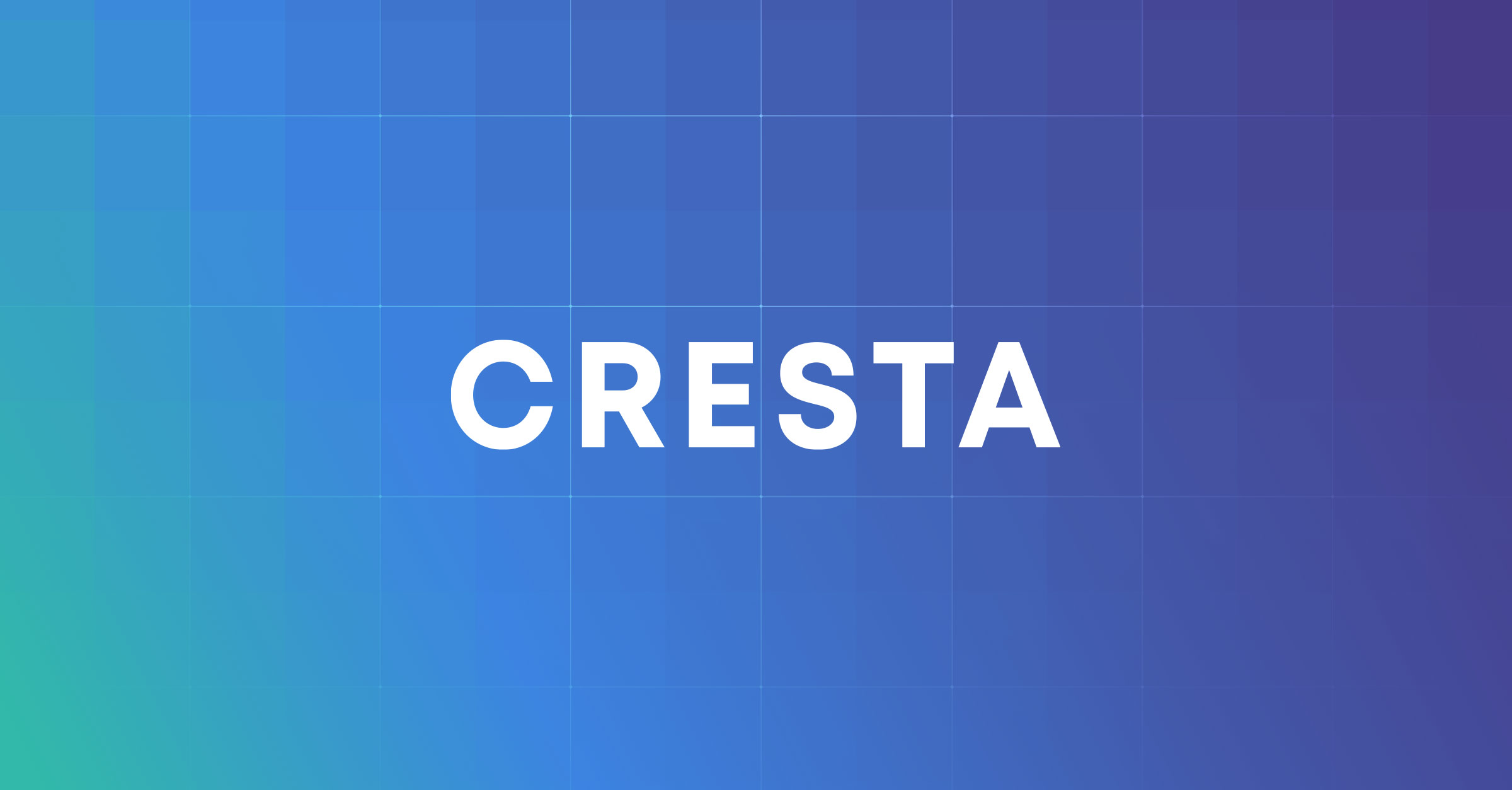How are innovations in AI and ML advancing capabilities for modern B2B marketers? Russell Banzon, Chief Marketing Officer at Cresta shares more:
_____________
Welcome to this MarTech Series chat, Russell – take us through your marketing journey in the B2B tech realm and tell us about your role as Cresta’s new CMO?
My journey in B2B marketing started after some time in inside sales. I cut my teeth there, learning how to sell to individuals within a company, and then to entire markets as a strategic marketer.
From there, I’ve held marketing leadership positions at companies like Conga, Inkling, and Talkdesk, mainly focused on demand generation.
Most recently, I joined Cresta after spending the last 5+ years at Gong, serving as Vice President of Marketing. It was an incredible run there, helping the company scale from starting the revenue intelligence category to expanding internationally to launching multiple products.
In my role at Cresta, I lead the marketing organization including demand generation, corporate communications, product marketing, brand, and sales development.
Tell us about your observations surrounding the state of B2B Marketing and martech today and how advances in AI and ML are enhancing the overall game for end users?
Advancements in AI and ML are augmenting the way we work as marketers. Automation capabilities are growing and ML is helping take the optimization burden away. For example, with automation, design can be finalized quickly and copy can be simplified, expanded, and edited with just a few prompts. Additionally, AI-powered website optimization and advertising platforms can adjust in real time, optimizing results and ads as data comes in.
What are some of the biggest challenges that plague modern B2B marketers and what tips would you share to help arrest those problem areas?
Attribution is still a problem. People still don’t know how to incorporate multi-touch attribution data into their decision-making process or understand where to invest. While no solution has solved this challenge, we can use attribution systems as inputs for decision-making. However, we can’t rely on them for the answer. Without attribution systems, we need to empower our teams to religiously ask customers how they learned of us and add that data to relevant forms.
Differentiation and positioning are getting harder and harder for B2B companies. As marketers, we must lean on customers to help tell our stories and highlight positive outcomes.
Driving a high-performing, tightly collaborative culture is difficult for business leaders, CMOs included. As CMO’s we must create a standard of people-first leadership. Culture isn’t built on virtual happy hours, it’s built on day-to-day interactions. When you ask your team how they’re doing, don’t settle for “I’m good.” Ask how they’re really doing. Get to know why that is. These small moments of putting the human before the employee will go a long way.
Marketing Technology News: MarTech Interview with Alex Vasilyev, Head of Machine Learning @ Nefta
How can B2B tech marketers find newer ways to create and execute on their digital campaigns and messaging so as not to get lost in the noise?
Do not play Switzerland with messaging: To stand out in your messaging, you need a POV that stands on one side of the argument. If someone is pissed off about your messaging, that’s a good thing.
Lean into trends in B2C for digital: At the end of the day, there are humans in the business that we are selling to. Take stock of what’s working in B2C to diagnose what can work. Leaning into things like user-generated content (UGC) may prove more successful than a typical ad with your value proposition.
Experiment, a lot: With AI and ML, you can test things quickly and often simultaneously digitally. Don’t assume you know the right answer. As marketers, we have intuition and gut feel, but we need to let the data do the talking and follow accordingly.
What should B2B CMOs do to structure a well-oiled marketing team and structure basis skills and processes today?
CMO’s need to think intentionally about the flow of which people work and how information is meant to cascade: So often, leaders just let meetings happen when they “need” to happen. I usually like my teams to follow a specific rhythm that enables the right information cascade, reduces ad hoc meetings (the dampener of all productivity), and keeps people engaged. As an example, if an executive team meeting happens on Monday, you should host your team meeting on Tuesday, so that you can reduce the amount of time it takes for (the right) information to pass down to the team. If you want to do an Objectives and Key Results (OKR) process, you should get leadership-driven priorities/OKRs done two weeks before the quarter ends, so that people can start to work on their OKRs for the two weeks leading into the quarter. It all sounds so basic, but it is often overlooked.
Orient people around the right KPIs: There’s an old quote that says “Tell me how you measure me, and I will tell you how I will behave,” and marketers are usually forgetful of this reality. We KPI our teams on the volume of leads or even in some cases pipeline, but if they are marketers meant to be generating revenue, like many in demand generation type roles, they should have KPIs that are revenue focused. This helps align sales and marketing on a mutual goal.
Can you talk about the future of AI, ML and martech: what will the market look like down the line?
Marketing is part art and part science. The age of AI and ML in MarTech is only accelerating the capabilities of the science aspect of the equation. Things will continue to become more sophisticated with regards to automation and optimization, which will help everyone’s marketing campaigns greatly, but the art, the creativity, of marketing will not be going away anytime soon.
Marketing Technology News: Revolutionary Function of Streaming Technologies in Contemporary Brand Promotion

Contact centers are challenged to increase their agent efficiency and effectiveness in the face of high attrition, poor training, and managers who can only review less than 3% of interactions.
Cresta turns real-time insights into real-time actions to make contact centers smarter and drive business results. We use generative AI to provide dynamic, real-time guidance to sales and service agents based on the best practices of your top performers, and let managers see and track every conversation and agent progress to create personalized coaching plans.
Cresta was born out of the Stanford AI Lab and is backed by Greylock Partners, Sequoia, and Andreessen Horowitz. We are proud to work with companies like CarMax, Vivint, Intuit, and Porsche.
Russell Banzon is the Chief Marketing Officer at Cresta, a leading provider of generative AI solutions for the contact center. He previously served as Vice President of Marketing at Gong, driving the company’s marketing engine through hyper-growth. In addition to his operating roles, Russell is an advisor for early to mid-stage SaaS companies, helping drive growth for future industry leaders.



